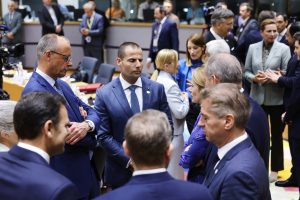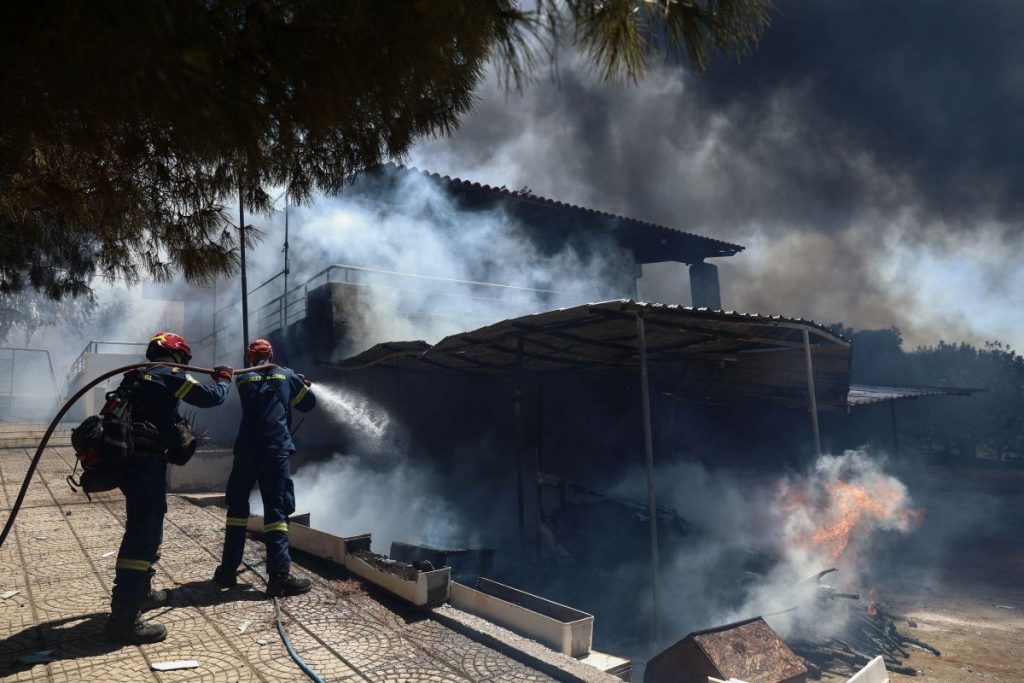Greek Prime Minister Kyriakos Mitsotakis, speaking at a press conference following the conclusion of the European Council summit in Brussels a day earlier, underscored the growing urgency of the Libyan migration problem, which took center stage both in the summit’s plenary session and in a separate informal gathering of “like-minded states”.
He noted the opportunity to brief European partners, alongside his Italian counterpart, on the increasing flows of irregular migrants being trafficked along a “new route” between eastern Libya and the large Greek island of Crete. This development, he stressed, underlines the urgency of coordinated European action.
Mitsotakis welcomed the European Commission’s recognition of the threat posed by the entrenchment of this migrant trafficking path, noting that in early July, the Commissioner for Migration, along with officials from Greece, Italy and Malta, is set to visit both eastern and western Libya to convey that current trafficking must end and to push for stronger cooperation on maritime border control.
At the national level, Mitsotakis pointed out that Greece has already taken steps, deploying naval vessels off Libyan territorial waters to monitor developments on the ground. These efforts aim to identify vessels attempting to depart and to engage Libyan authorities so they can intercept and return the migrant boats within their own waters.
The prime minister emphasized that both Greece and the European Union will use every available tool—“both carrot and stick,” as he put it—to prevent this emerging migration route from becoming entrenched.
He also pointed out that a large proportion of those using the route are Egyptian nationals, who should, in principle, be returned directly to Egypt. This, he argued, should form part of a common European policy.
Regarding the controversial Turkey-Libya maritime accord, Mitsotakis underscored the importance of the European Council reaffirming language—at Greece’s request—that deems the agreement “null and void and illegal.” He stressed that, in the current context, this reaffirmation sends a clear message from Europe to Libya that such faits accomplis will not be accepted.
Turning to defense spending and the SAFE loan mechanism, he welcomed the shift in attitude among previously frugal member states such as Denmark and Finland, who now recognize the necessity of increased defense expenditure. He noted that these countries also acknowledge the potential need for a European funding instrument to support such spending.







